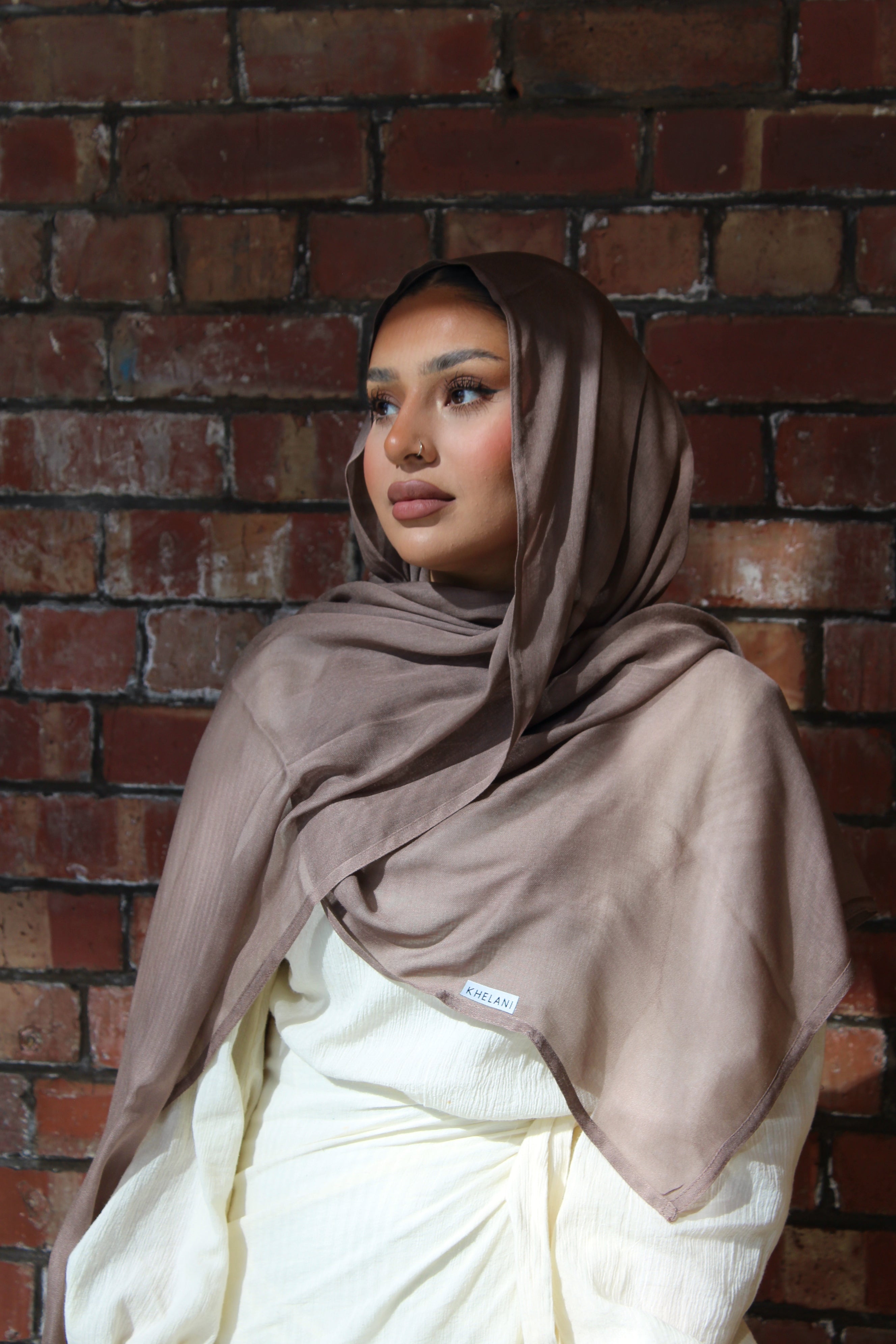In the vibrant tapestry of Islamic teachings, one thread stands out prominently - modesty. Modesty isn't just a cultural relic; it's a deeply ingrained principle that permeates the fabric of Islamic life. In this blog post, we delve into the essence of modesty in Islam, exploring its significance, manifestations, and enduring relevance in today's world.
Understanding Modesty in Islam
At its core, modesty in Islam extends beyond mere outward appearances. It encompasses humility, decency, and a sense of propriety in both actions and attire. The Quran and Hadith emphasize the importance of modest conduct, reminding believers to lower their gaze, guard their chastity, and dress modestly.
Modesty in Attire
One of the most visible expressions of modesty in Islam is attire. Modest dress is a reflection of inner piety and self-respect, serving as a shield against immodesty and indecency. For women, this often translates into wearing loose-fitting garments that cover the body modestly, with the hijab symbolizing dignity and adherence to Islamic values. However, it's crucial to recognize that modesty in attire applies to both men and women, with men also urged to dress modestly and refrain from ostentatious displays.
Modesty in Behaviour
Beyond clothing, modesty in behaviour is equally paramount. It entails conducting oneself with humility, decency, and respect towards others. Modest behaviour encompasses interactions with the opposite gender, maintaining appropriate boundaries, and fostering a culture of respect and dignity in all relationships. Prophet Muhammad (peace be upon him) exemplified the epitome of modesty in his character, demonstrating kindness, gentleness, and humility in his dealings with others.
Modesty as a Virtue
In Islam, modesty is revered as a virtue that cultivates inner purity and righteousness. It serves as a safeguard against arrogance, vanity, and moral decadence, fostering a society built on principles of dignity, decency, and compassion. Through practicing modesty, believers strive to emulate the prophetic example and attain spiritual elevation.
Embracing Modesty in Today's World
In an era marked by hyper-sexualization and materialism, the concept of modesty in Islam offers a refreshing antidote. It provides a counter-narrative to the prevailing culture of objectification and consumerism, emphasizing values of self-restraint, humility, and integrity. By embracing modesty in all aspects of life, Muslims can contribute to creating a more harmonious and virtuous society, grounded in principles of piety and righteousness.
Modesty...
Modesty isn't a relic of the past; it's a timeless principle that remains as relevant today as it was centuries ago. In Islam, modesty serves as a guiding light, illuminating the path towards spiritual fulfilment and moral excellence. By embodying the essence of modesty in our actions, attire, and interactions, we honour the teachings of Islam and nurture a culture of dignity, respect, and compassion in our communities and beyond.

